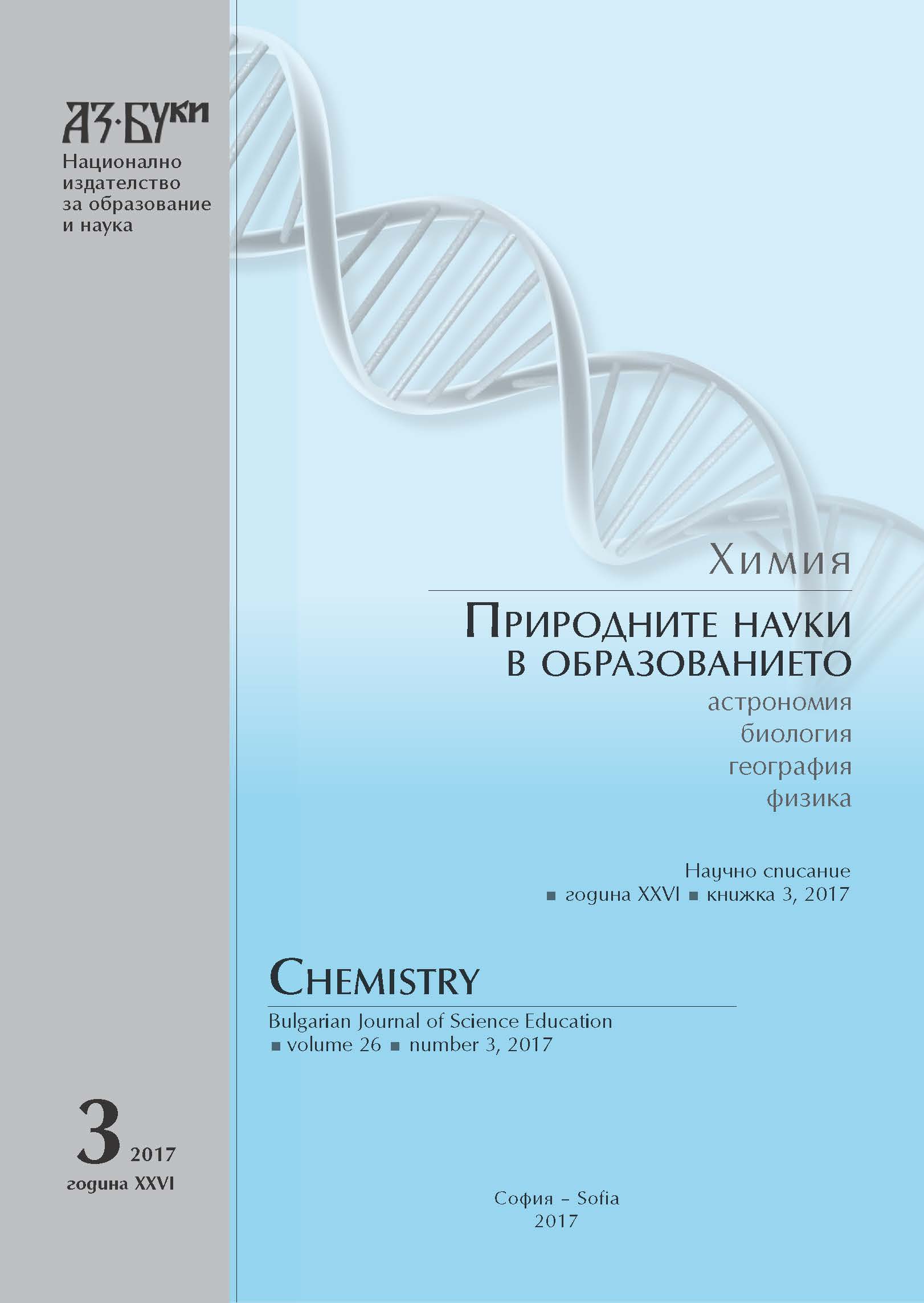Enhancing Thai Students’ Thinking Skills about Energy Issues: Influence of Local Values
Enhancing Thai Students’ Thinking Skills about Energy Issues: Influence of Local Values
Author(s): Chokchai YuenyongSubject(s): Social Sciences, Education, Sociology, Vocational Education, Higher Education , Evaluation research, Inclusive Education / Inclusion, Sociology of Education
Published by: Национално издателство за образование и наука „Аз-буки“
Keywords: energy; science technology and society (STS); local value; thinking skills
Summary/Abstract: The study aimed to enhance Thai students’ thinking skills on learning about energy related to influence of local value. The participants consisted of 132 Grade 9 students from three different schoolsin Khon Kaen, in North East Thailand. The three participating teachers in these schools had adopted the STS energy unit that developed by researcher. The STS energy unit consists two sub-units:(1) Use energy in Thailand (issue of the increased petrol price); (2) Generation power (issue of the Mae-moh situation). Teachers had attended workshops before and during their adopting the unit. Methodology regarded interpretive paradigm. The students’ thinking skills was investigated through participant observation and informal interview for ten weeks. Their thinking skills were interpreted from the orientation of their posted questions. Based on Zohar &Dori (2003) study, three question orientation attributes including phenomenon or problem description, hazards related to the problem, and treatment or solution were applied for categorized students’ thinking skills. The proposing question in orientation of solution would be viewed as a higher level of understanding the problem than describing it, and finding treatment or solution was more positive and productive than just identifying hazards. Comparing between sub-unit one and two revealed that students across three schools gained more seeking practical solution to a given problem rather than being fixated on requiring about risks. Increasing the hazard and solution oriented questions indicated that the STS energy unit continually supported the development of their thinking skill classification from the sub-unit one to the sub-unit two.
Journal: Химия. Природните науки в образованието
- Issue Year: 26/2017
- Issue No: 3
- Page Range: 363-376
- Page Count: 14
- Language: English
- Content File-PDF

